What Size Generator Do I Need?
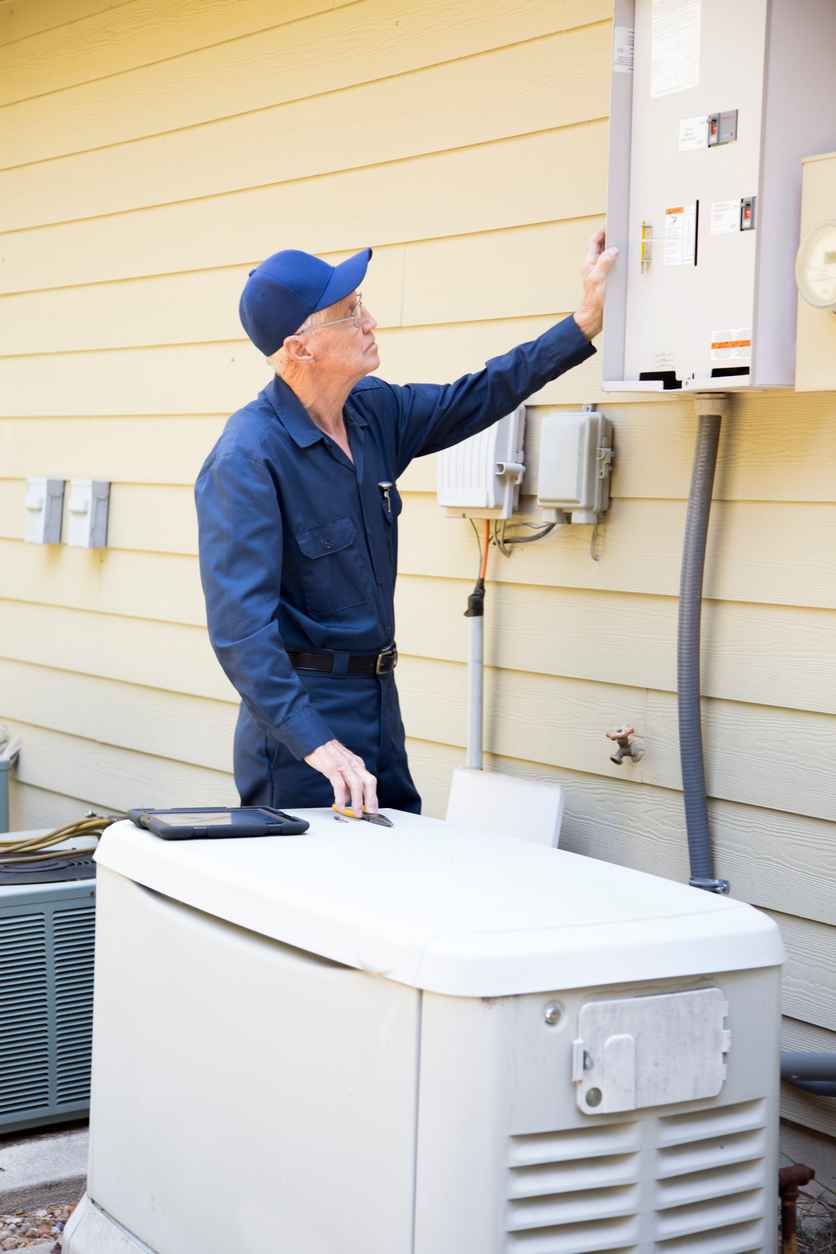
In an increasingly interconnected world, where our daily lives heavily rely on electricity, power outages can be more than just an inconvenience; they can disrupt productivity, safety, and comfort. With severe weather events becoming more frequent and the strain on the power grid increasing, having a reliable backup generator has become essential for homeowners and businesses alike. However, selecting the right size generator can be a daunting task. Chesapeake Electric is here to help you make an informed decision and ensure uninterrupted power supply during unforeseen circumstances.
Understanding Your Power Needs:
Before delving into the size of the generator you need, it’s crucial to assess your power requirements. Start by identifying the critical appliances and systems you want to keep operational during an outage. These typically include essentials like lights, refrigerators, heating and cooling systems, medical equipment, and communication devices. Non-essential items, such as hot tubs and luxury appliances, can be excluded from your calculations.
Wattage and Power Load:
Generators are rated by their power output, measured in watts. Understanding wattage is crucial for determining the size of the generator you need. Most appliances and devices have their wattage listed on their nameplates or in their user manuals. If the wattage is not specified, you can use an energy meter or consult an electrician to measure power consumption accurately.
Calculating Your Generator Size:
To calculate the generator size you need, create a comprehensive list of all the appliances and systems you identified earlier and note down their respective wattages. Add up the wattage to determine your total power load. Keep in mind that some devices may require additional power during startup, known as surge wattage. The generator should be capable of handling both the continuous power load and any surge demands.
Oversizing vs. Right-Sizing:
Choosing a generator that is too small can lead to overloaded circuits and damage to the equipment. Conversely, opting for an overly large generator may result in unnecessary expenses in purchasing and maintaining the unit. Chesapeake Electric recommends right-sizing your generator to match your specific power needs accurately.
Types of Generators:
There are various types of generators, including portable generators, standby generators, and inverter generators. Portable generators are versatile and ideal for occasional use, like camping trips or small-scale power needs during outages. Standby generators are permanently installed and automatically kick in when the power goes out, offering a seamless transition. Inverter generators are known for their fuel efficiency, quiet operation, and stable power output, making them an excellent choice for sensitive electronics.
Considering Fuel Types:
Generators can be powered by various fuels, such as gasoline, diesel, natural gas, or propane. The fuel type you choose will impact the generator’s overall performance, efficiency, and maintenance requirements. Propane and natural gas, for instance, offer longer shelf lives and are cleaner-burning options compared to gasoline.
Chesapeake Electric Can Help
Choosing the right size generator is vital to ensure your safety and comfort during power outages. Understanding your power needs, calculating the wattage, and selecting the appropriate type of generator will help you make an informed decision. Chesapeake Electric is committed to assisting you throughout this process, providing expert advice and top-notch products to safeguard your home or business against unexpected blackouts. Don’t wait until the lights go out; invest in a reliable generator and stay powered up when it matters most.
Recent Posts

January 23, 2026
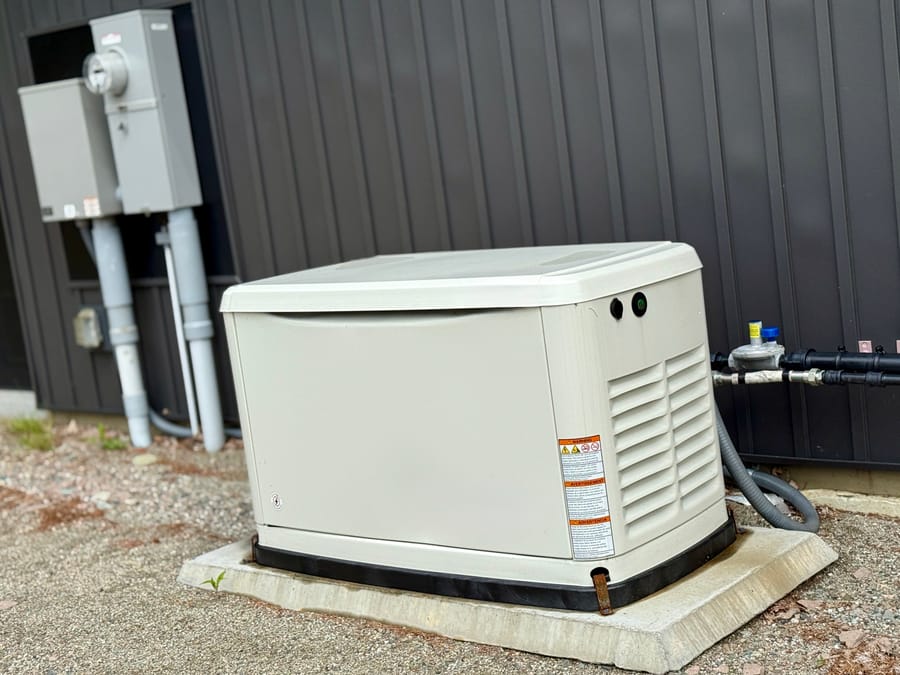
January 22, 2026
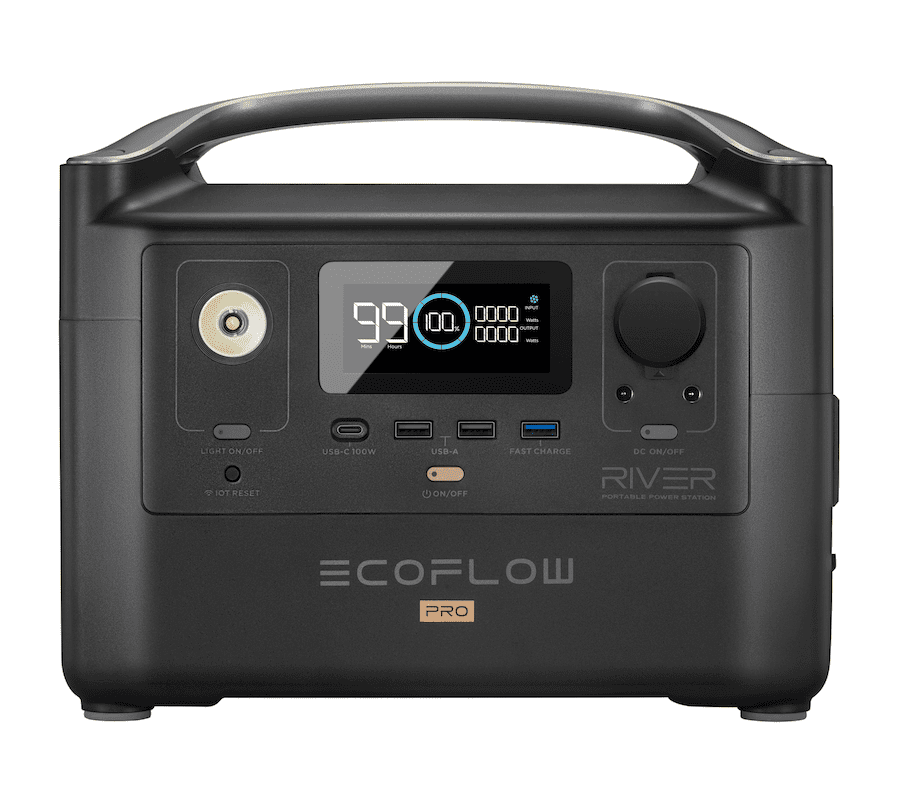
January 21, 2026
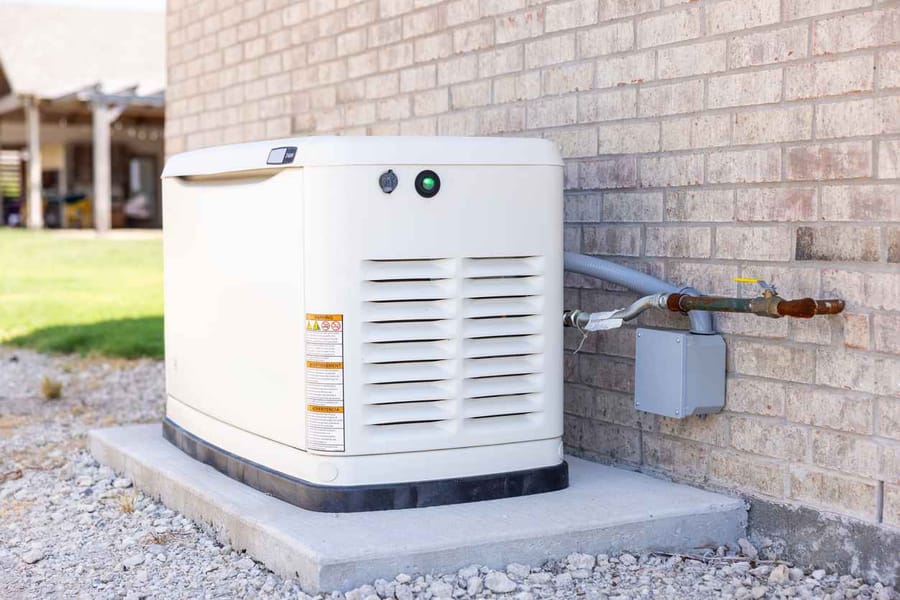
December 19, 2025

December 19, 2025
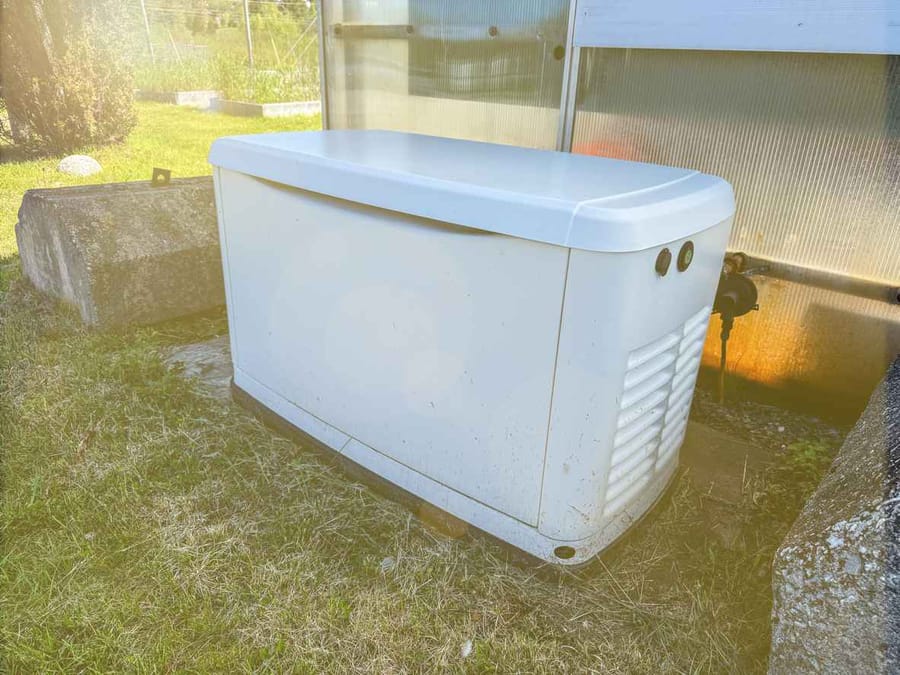
December 19, 2025
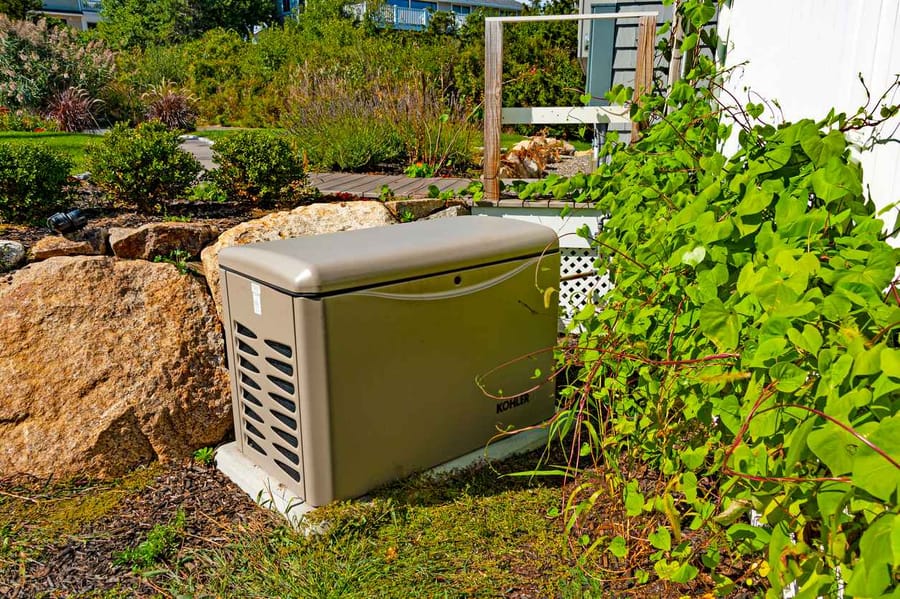
November 21, 2025